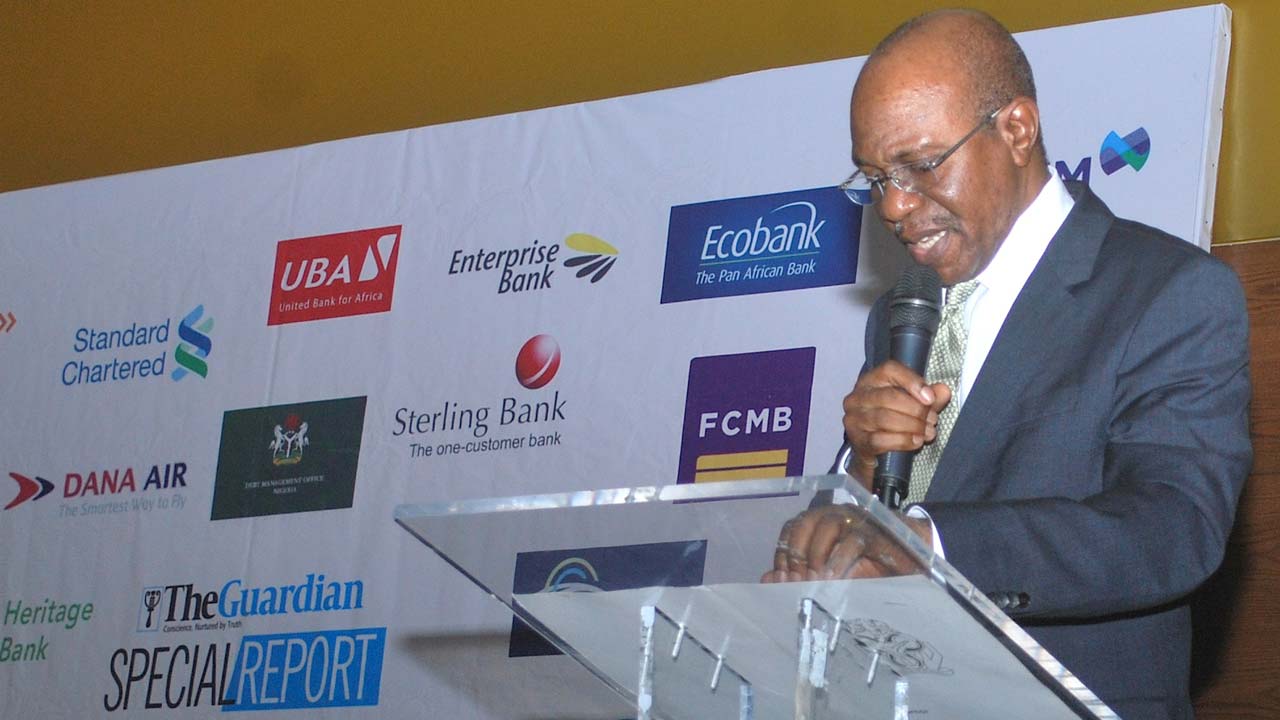Emerging revelations from released Q1 results of commercial banks in Nigeria have shown that the new regime of financial reporting is not really suggesting serious drop in banks profits as reported in some quarters of the media in Nigeria.
Checks among available results indicate that more sanity and clarity are now well pronounced in banks financials.
Recently released first quarter results of Zenith Bank plc have indicated strong improvement and strategic performance across key line items.
Whereas gross earnings was higher by 14.52% y/y (-20.91% q/q) at NGN169.19 billion, PAT and PBT also grew by 22.17% y/y (+6.07% q/q) and 25.55% y/y (-3.32% q/q) to NGN54.0 billion and NGN47.08 billion respectively.
Industry analysts say the observed increase in Gross earnings was largely supported by strong upticks in interest income (+20.77% y/y, +26.39% q/q) and other income (+177.20% y/y, -30.57% q/q), which muted the declines in fee and commission income (-1.38% y/y, +8.97% q/q), and trading income (-75.76% y/y, -97.75% q/q).
Otherwise, industry experts believe that the reasons behind very minimal signs of drop in profits in some of the released results can be traced to general drop in business activities within the period under review due to issues relating to shocks coming from the recently exited recession by the economy in general.
Besides, since this year, there had been drop in loan requests as some business concerns are disturbed over the overriding influence of forex crisis which impacts cut across boards.
Another reason for the noticed not so bogus profit profiles of banks in their latest results stemmed from incidences of the nation’s high debt profiles owed contractors.
It would be recalled that the Central Bank of Nigeria’s (CBN) Governor, Dr. Godwin Emefiele had in his speech at the end of the first Monetary Policy Committee (MPC) meeting earlier this month, urged the federal government see how it can work towards paying the sum of N2.7tn owed contractors which had pushed domestic debts to a near breaking limits.
His comments came on the ground that the entire debt remains a strong burden on commercial banks from where contractors secured the funding in the first instance.
Business Hilights recalls that the new regime, known as the International Financial Reporting Standards 9 (IFRS 9), are among several requirements and preconditions every operating bank need to adopt to clearly present their disclosures on the state of their loan portfolios.
The regime also requires banks to among other things; specifically make provisions in advance for non-performing loans.
Whereas industry observers say this is a total departure and complete migration from making provision for incurred bad loans to expected bad loans.
No doubt, even before the exit from recession, several Nigerian banks are currently battling with high non-performing loans, especially small and mid-size lenders.
However, some analysts argue that the new regime will lead to a significant decline in the profits of the banks even though before the regime of IFRS 9, provision for bad loans is usually charged directly against a bank’s profit.
The CBN introduced the IFRS 9 on January 1, 2018, and for the first time in the history of Nigerian banks, the lenders will be using the new accounting standard to report their first quarter financial results this month.
According to industry experts, the banks will record decline in profits because the new reporting regime will make it nearly impossible for them to hide toxic assets, bad loans or expected credit losses in their books.
Partner, Financial Reporting Group, West Africa, Financial Accounting Advisory Services, Ernst & Young, Mr. Jamiu Olakisan, argued in an interview that “It is in the 2018 financial reports that we will see the full effect of this (new rule). We should expect volatility in the amount of impairment (provision for bad loans) figures that will be reported by banks, simply because it is not just based on historical or current information, but it is based on forecast of the future that nobody knows with certainty”.
He recalled that the new accounting regime also considers macroeconomic indicators such as unemployment, inflation, Gross Domestic Product, and oil price to consider the probability of an expected loan loss.
Also, the Principal Partner, ROAC Chartered Accountants, Mr. Gbenga Akinyemi, observed that whereas banks with deep pockets may not feel the impact so much, small and mid-size lenders may have their capital base affected negatively.









